"Inquiry that desires a deeper understanding and multiple points of view."
Get Started for FREE
Sign up with Facebook Sign up with X
I don't have a Facebook or a X account

 Your new post is loading... Your new post is loading...
 Your new post is loading... Your new post is loading...

Kathleen Gradel's curator insight,
February 5, 2015 8:14 PM
Click to Robin Good's Scoop.it, for his astute comments on this article: http://curation.masternewmedia.org/ 
Catherine Hol's curator insight,
February 7, 2015 12:03 PM
People have less trust in "owned media", and want information from a variety of sources online.

Steve Whitmore's curator insight,
June 17, 2014 7:59 AM
Good reference list. I didn't realize there were so many search engines. 
ManufacturingStories's curator insight,
August 14, 2014 5:22 PM
For more resources on Social Media & Content Curation visit http://bit.ly/1640Tbl

Lila Hanft's curator insight,
October 30, 2013 3:25 PM
This could be really useful for documenting successful SEO or for setting benchmarks.

ChaplainAl Kolades's curator insight,
June 26, 2014 2:26 PM
Its all here at www.chaplainal.com Come and learn, Come and share, come and be motivated. Come also to be used by God.

Jeff Domansky's curator insight,
June 29, 2013 8:42 PM
Great list and useful alternatives to Google search.

Tom George's comment,
August 12, 2011 12:56 PM
Wow Jan,
This is a great one. Notice I commented on this at the end of the post using Facebook. http://bit.ly/nX8ObV If you send me a facebook request, you can comment back anytime you like and also be notified if someone else happens to comment on your curation. I gotta do some training now back for more later Thiis is great. Did you know you can also share any other Scoop you like from another curator?? |

Stephen Dale's curator insight,
March 24, 2015 4:54 AM
Put simply - Google (and for that matter any commercial search engine) may skew search results to promote their own commercial interests. The question to ask yourself is "are the (search) results good enough?" - I'd say in Google's defence "yes they are".
Reading time: 5mins

Georges Millet's curator insight,
March 25, 2014 4:10 AM
Knowledge & life turning today into a (google) search. Algorithms are key! 
Stephen Dale's curator insight,
March 26, 2014 4:35 AM
"We are in the era of the algorithm. They decide what news we will see, they decide which person is important and they will even merge more and more into our non-digital lives.
But the biggest and realest danger lies in us. If we believe that there is only one truth and that is the one generated by a black-box algorithm we might be deceived easily."
A reminder, then, that algorithm's should not take the place of critical thinking.

Maureen Greenbaum's comment,
November 5, 2013 7:55 AM
I left this comment I think you are wrong about AND - that is Google's default<br>see https://support.google.com/web...<br>You need OR if you want either term but Google does AND automatically otherwise<br>@sumware

ManufacturingStories's curator insight,
September 18, 2013 9:59 AM
Robin - Another great analysis. Thanks for all of our hard work & curation.

Dr. Michael Simmons's curator insight,
May 20, 2013 3:30 PM
Daunting, but probably the direction in which we need to go.

Stewart-Marshall's comment,
July 11, 2012 11:40 AM
Excellent - a very prophetic analysis - wished I'd read it a year and half ago :-)

Beth Kanter's comment,
July 11, 2012 12:34 PM
I only use google like a phone book -when I'm looking for a specific reference. But if I'm doing research on a topic, my strategy for years has been to go to the key sources (curators) and look through their libraries. I find the lack of context that search returns - makes me want to throw up. It is a much better experience to see it in context through the yes of someone who knows the content area.

Robin Good's comment,
September 8, 2011 3:50 AM
Thank you Jani, as always good stuff.
I would like also to kindly ask you, if you feel so, to share your comment and advice to this post, which relates strongly to our curation work and to how the Scoop.it management handles our requests, feedback and us: http://www.scoop.it/t/real-time-news-curation/p/435456801/should-scoop-it-and-other-curation-tools-credit-original-sources-it-seems-not-missing-source-element-and-link-inside-rss-feed Many thanks in advance! |



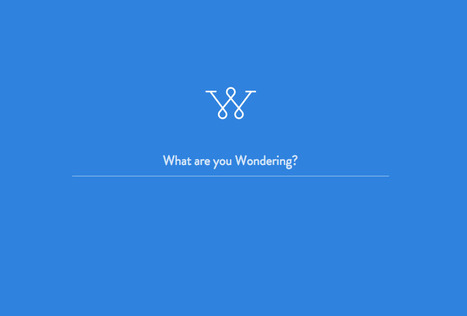

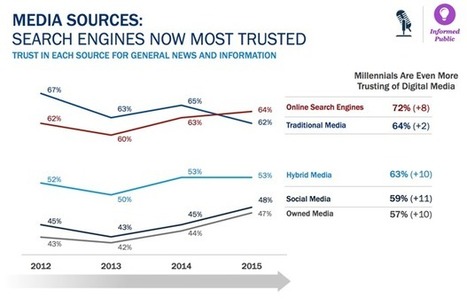

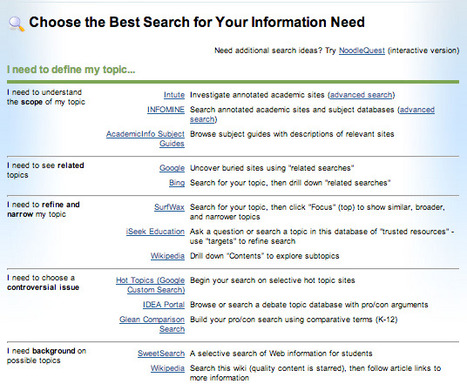


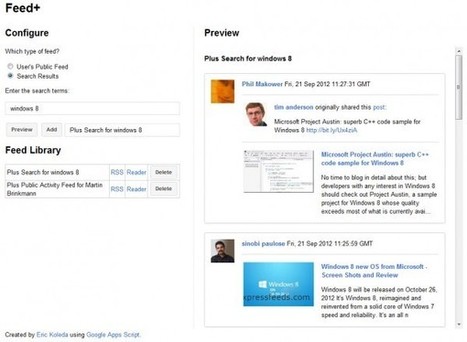

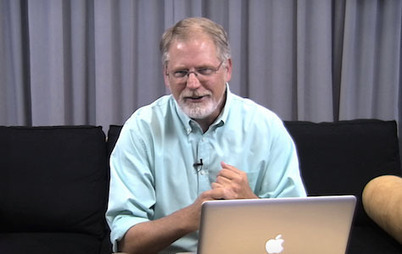




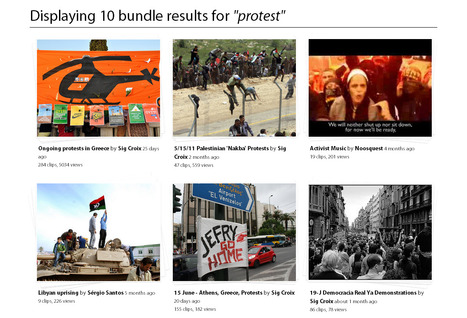
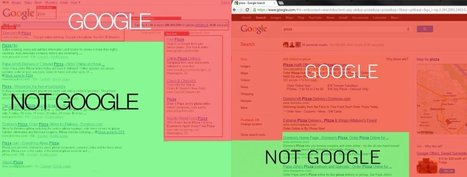


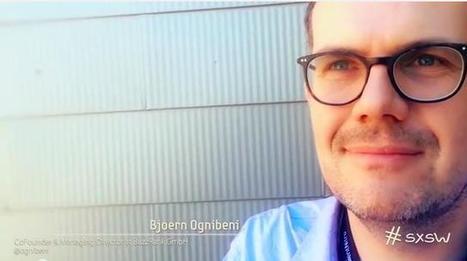

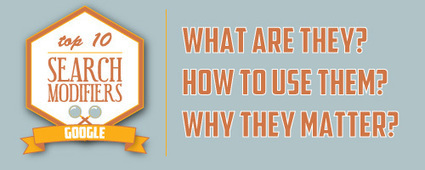

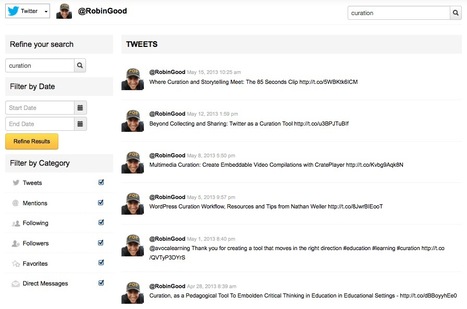

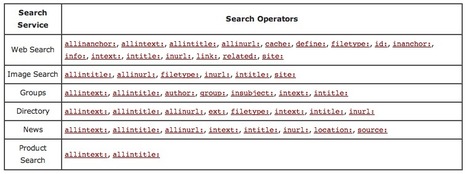
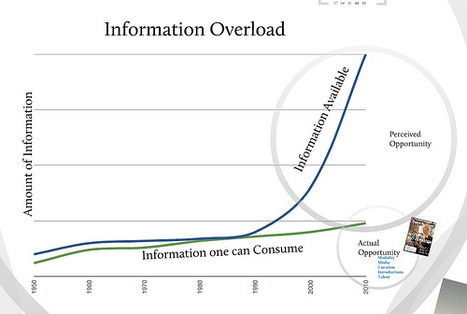







"Wonder was built to bring human-centric guidance back to the pursuit of knowledge on the web."
in other words: "Away from algorithmically sorted lists of links, and back to human-guided curation, evaluation and advice for those who don't need just a store address on a map".
Wonder is a new free web service which touts to be your online personal research assistant. Behind its minimalist website there's a crew of human beings that actually goes out to gather and bring back to you valuable answers and resources to your questions.
How does it work?
You just register via FB, Twitter or with your own email and then you are presented with a very simple screen in which you are asked "what are you wondering"?
You type in a question, and within a very reasonable amount of time (in my cases, in always less than 30 minutes) you receive a hand written email answer by a person with a first and last name. Not only. The person provides you also with multiple links to relevant resources that can help you find out and discover more about the topic of your interest.
Why it's relevant: Independently of the quality of the results that Wonder may initially bring to you, this new service highlights a growing trend toward trusted guides, expert curators of information, and their human voice and away from algorithmically sorted list of results like Google offers.
P.S.: In my initial tests a reply for a very specific question in one of my areas of expertise didn't bring back particularly valuable or useful suggestions as this knowledge would require an expert in the field, but less specialistic questions brought back useful responses written in a very human-style and supported by very high-quality relevant links and resources.
Here is one such question - answer as an example for you:
My Research Request:
How can I trust the answers provided by those behind Wonder if I know nothing about who they are?
Mike Smith reply:
Let me assure you, I am no robot. The resources curated by Wonder are compiled and collated by real human beings (such as myself) who take the time to sort through the vast amount of information available on the web.
I view the task of the Wonder researcher as being rather similar to that of your local librarian. And any good librarian isn't going to tell you how to think: they will present you with what knowledge and information they have available and arrange it in such a way that you must come to your own conclusion. Do you demand the librarian's credentials? Do you peruse their degrees and certifications? No, because her/his credentials lie in the quality of the work they have laid before you. Even if you detect bias or prejudice in what has been presented to you, then the curator's task has already been accomplished: you have assessed, for yourself, the quality of the information you have encountered and have honed your critical faculties that much more.
View Research
- Content curation (i.e. Wonder) is similar to consulting a librarian for literature on a particular subject
- Content curators (e.g. librarians) have empirically improved critical thinking skills in students
- Content curators (e.g. librarians) are tasked with fostering critical thinking in the evaluation of information sources
This is the future in preview.
Try it out and see what you think of it.
Free to use.
Try it out now: https://wonderlib.com/